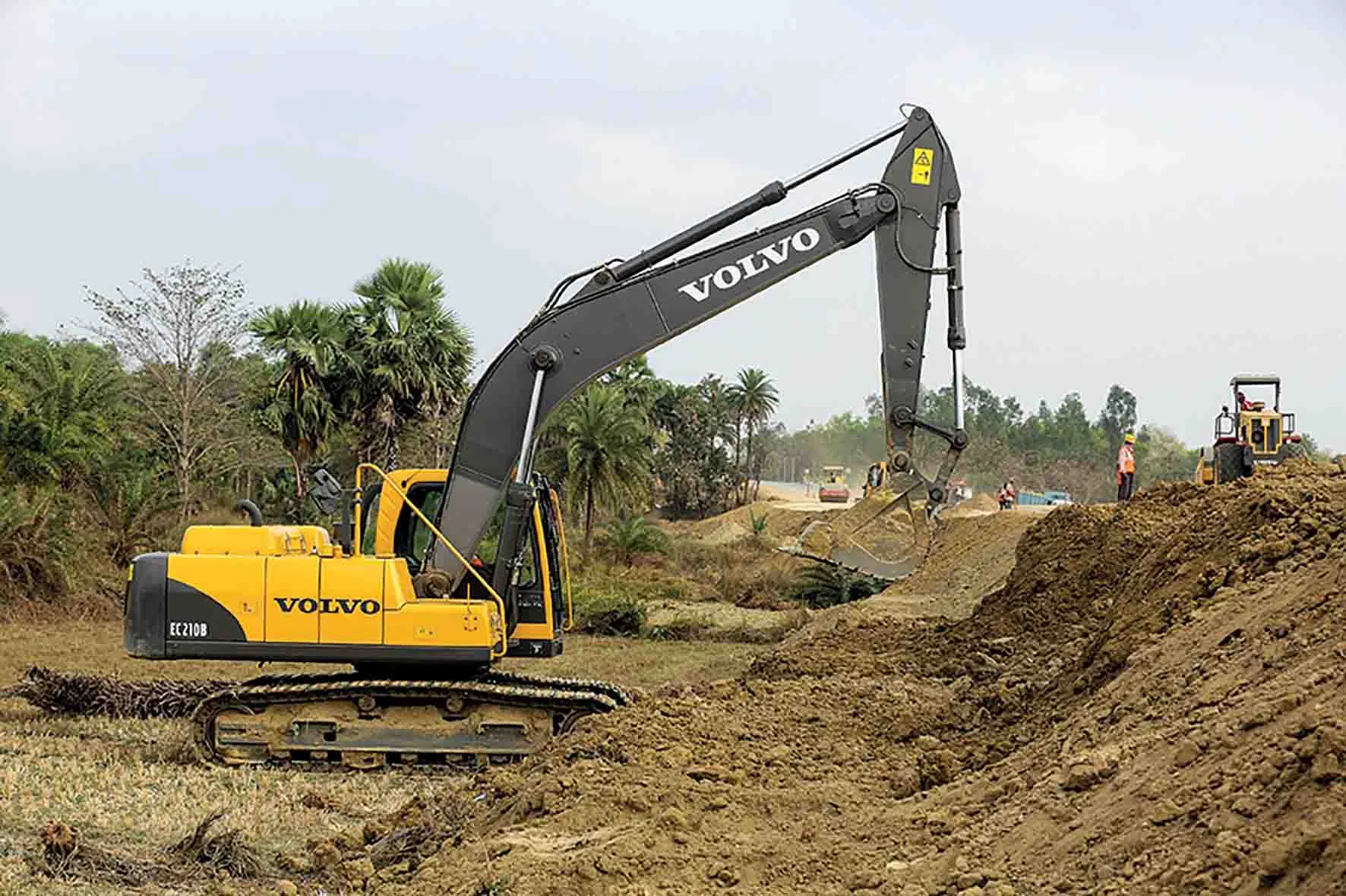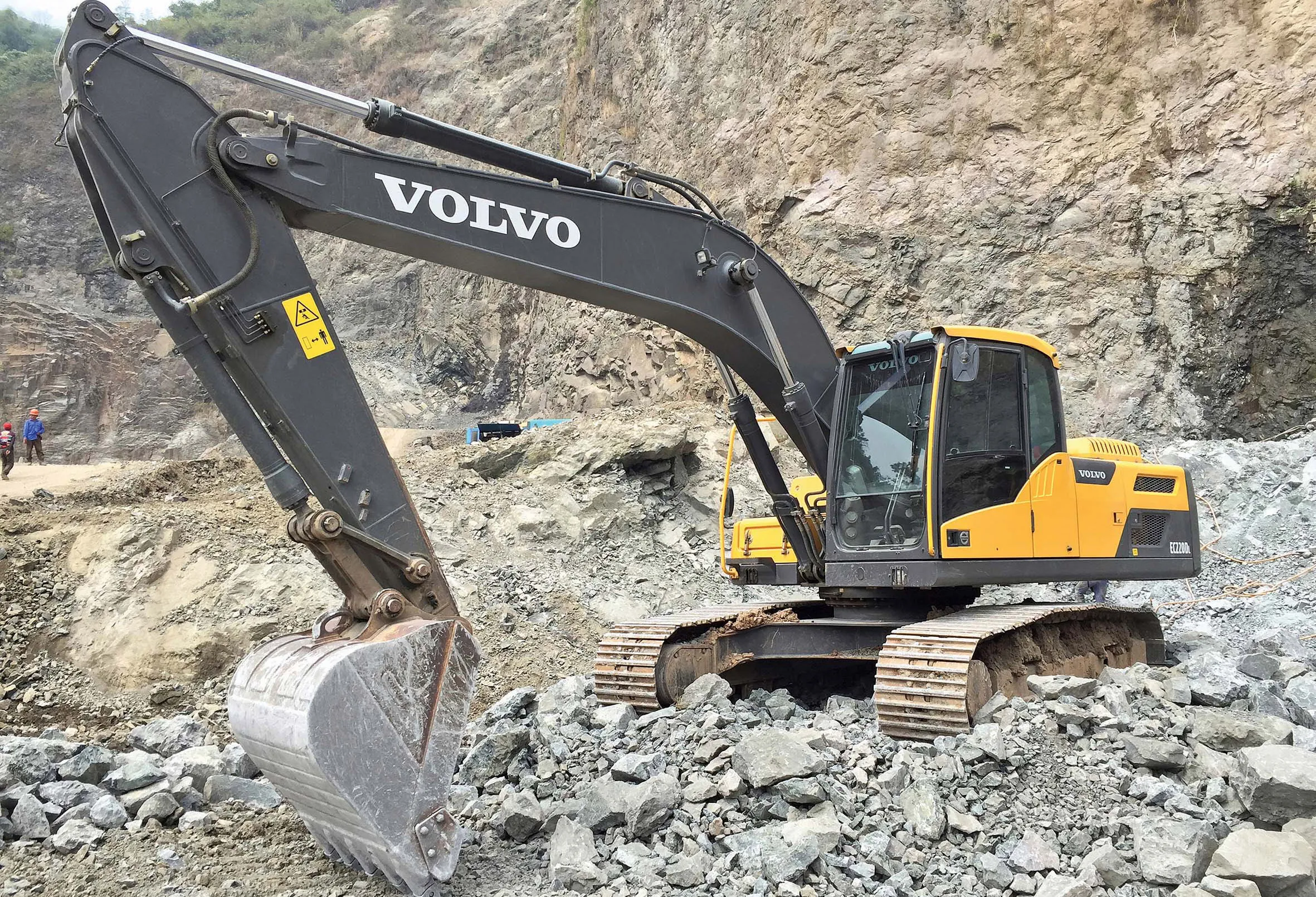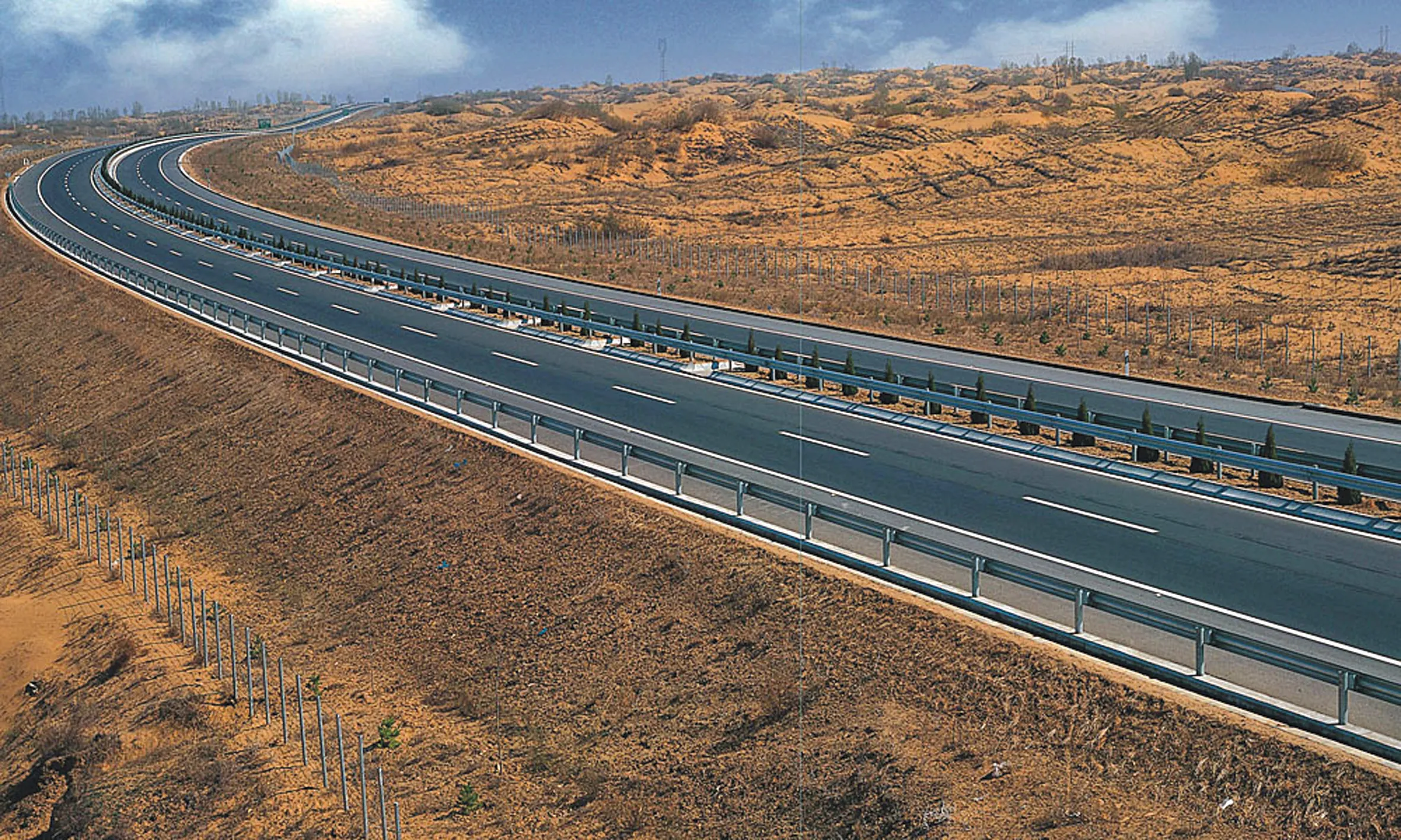As part of the government’s plans to accelerate economic growth, a major expansion of India’s road network is underway
Many cities in India are set to benefit from the government’s ambitious plan to use infrastructure investment to boost the economy. There are currently 11 ongoing projects across India’s road network, funded by the World Bank. Once complete, the road network will make travelling more efficient and boost India’s economic activity.
The initiative will see the construction of new major
February 10, 2017
Read time: 3 mins

As part of the government’s plans to accelerate economic growth, a major expansion of India’s road network is underway
Many cities in India are set to benefit from the government’s ambitious plan to use infrastructure investment to boost the economy. There are currently 11 ongoing projects across India’s road network, funded by the World Bank. Once complete, the road network will make travelling more efficient and boost India’s economic activity.
The initiative will see the construction of new major roads and upgrading of existing roads, with the government’s plan to increase the pace of road construction from 2km/day at present to 30km/day. The country’s road and transport ministry has set up a review committee that meets every month to take stock of progress. But to meet this target, construction companies are under pressure to boost productivity.
Contractor Bharat Vanijya is using a fleet of Volvo machines to work on an 84km stretch of road from Bankura to Purulia. This is just one such project in the state of West Bengal in eastern India, and extends across two disadvantaged districts. With connectivity being a basic tool of development, projects such as these have a socio-economic impact and are designed to foster a successful economic and business environment.
Machines from359 Volvo CE are playing an important role in helping build one major highway project. The fleet in question includes 29 Volvo units, operating daily for up to 15 hours at a time. The project, which began in September 2015, involves the expansion of the two-lane road from 5.5m to up to 10m wide. The existing road includes seven major bridges and approximately 84 small cross-drainage structures.
Responding to the pressure from the government, Gokul Agarwar, director of contractor Bharat Vanijya, is confident that his firm will get the job within the 30-month schedule.
The company presently has 16 EC210B 20tonne-class crawler excavators, seven SD110 single drum soil compactors and three 10tonne DD100 double drum asphalt compactors, combined with a PTR220 pneumatic tyre roller, a P4370B ABG wheeled paver and a P5320 tracked paver. In addition, the firm has an HB22 hydraulic rock breaker, which is being used with the EC210B excavators.
Because the machines are proving reliable and productive, Agarwar even thinks his firm can deliver the project early and within a 22-month timeframe, rather than the original 30-month schedule that was expected. This is based on previous experience as Bharat Vanijya has already completed three major projects in the same district in less than half the time allocated.
This high productivity is a key target for the company. “Early completion of a project allows us to go ahead with another project, while improving company turnover and sales figures,” said Agarwal. Completing eight months ahead of schedule will also boost the company’s reputation, helping it to win further contract tenders in the future. The high productivity has benefited the bottom line and Agarwal estimated that the firm almost doubled its original target set at the beginning of March 2016.
The firm has used numerous competing brands on various worksites but Agarwal said he is is finding the Volvo CE machines productive, reliable and also cost-effective in terms of depreciation, capital outlay, investment and maintenance.
To help keep operating costs low, Agarwal said that the Volvo machines are being well maintained and are continuing to run smoothly, in spite of the long hours and often very high working temperatures encountered on site.
Many cities in India are set to benefit from the government’s ambitious plan to use infrastructure investment to boost the economy. There are currently 11 ongoing projects across India’s road network, funded by the World Bank. Once complete, the road network will make travelling more efficient and boost India’s economic activity.
The initiative will see the construction of new major roads and upgrading of existing roads, with the government’s plan to increase the pace of road construction from 2km/day at present to 30km/day. The country’s road and transport ministry has set up a review committee that meets every month to take stock of progress. But to meet this target, construction companies are under pressure to boost productivity.
Contractor Bharat Vanijya is using a fleet of Volvo machines to work on an 84km stretch of road from Bankura to Purulia. This is just one such project in the state of West Bengal in eastern India, and extends across two disadvantaged districts. With connectivity being a basic tool of development, projects such as these have a socio-economic impact and are designed to foster a successful economic and business environment.
Machines from
Responding to the pressure from the government, Gokul Agarwar, director of contractor Bharat Vanijya, is confident that his firm will get the job within the 30-month schedule.
The company presently has 16 EC210B 20tonne-class crawler excavators, seven SD110 single drum soil compactors and three 10tonne DD100 double drum asphalt compactors, combined with a PTR220 pneumatic tyre roller, a P4370B ABG wheeled paver and a P5320 tracked paver. In addition, the firm has an HB22 hydraulic rock breaker, which is being used with the EC210B excavators.
Because the machines are proving reliable and productive, Agarwar even thinks his firm can deliver the project early and within a 22-month timeframe, rather than the original 30-month schedule that was expected. This is based on previous experience as Bharat Vanijya has already completed three major projects in the same district in less than half the time allocated.
This high productivity is a key target for the company. “Early completion of a project allows us to go ahead with another project, while improving company turnover and sales figures,” said Agarwal. Completing eight months ahead of schedule will also boost the company’s reputation, helping it to win further contract tenders in the future. The high productivity has benefited the bottom line and Agarwal estimated that the firm almost doubled its original target set at the beginning of March 2016.
The firm has used numerous competing brands on various worksites but Agarwal said he is is finding the Volvo CE machines productive, reliable and also cost-effective in terms of depreciation, capital outlay, investment and maintenance.
To help keep operating costs low, Agarwal said that the Volvo machines are being well maintained and are continuing to run smoothly, in spite of the long hours and often very high working temperatures encountered on site.








